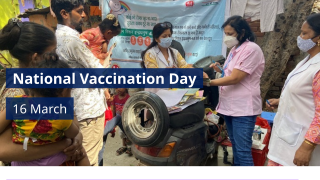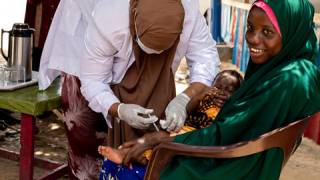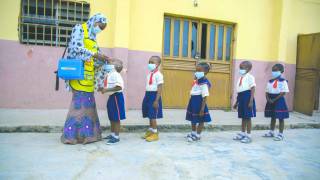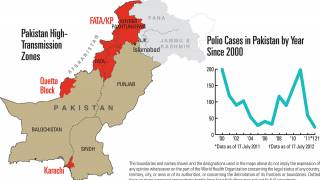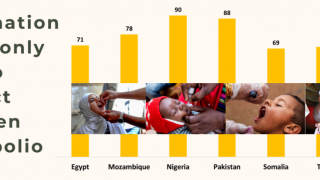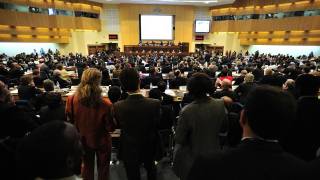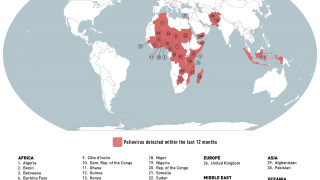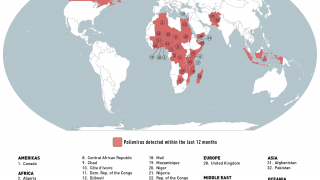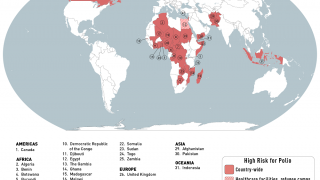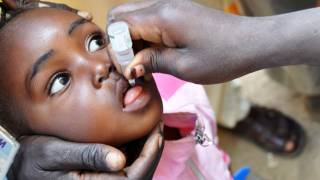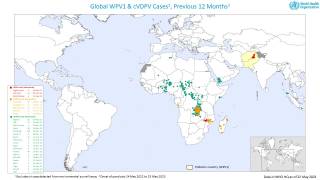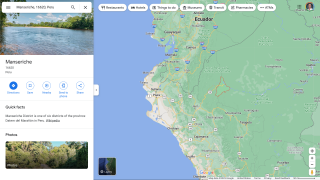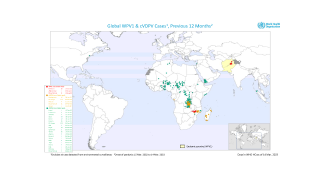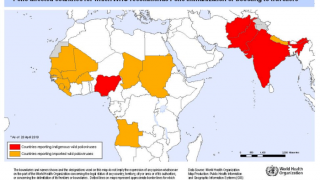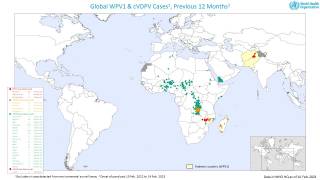Polio Outbreak Declared in the Philippines
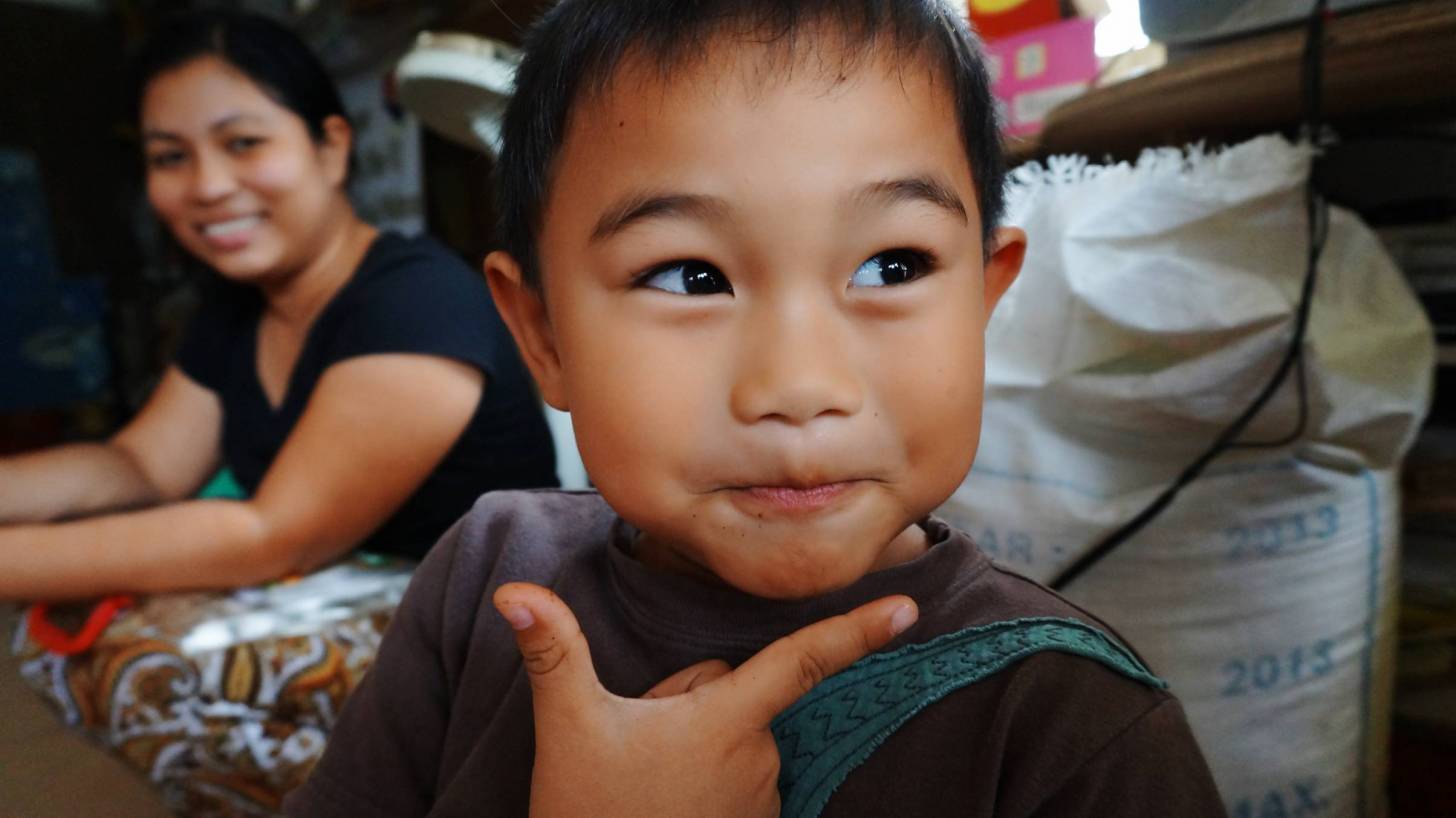
The Philippines Department of Health (DOH) announced an outbreak of the poliovirus on September 19, 2019.
The polio outbreak in the Philippines is confirmed to be from a circulating vaccine-derived poliovirus type 2.
This is of particular concern, as wild poliovirus type 2 was certified as globally eradicated in 2015, reports the DOH.
The last known case of wild poliovirus recorded in the Philippines was in 1993.
Additionally, environmental samples from sewage in Manila and waterways in Davao were confirmed to contain the virus, reported the DOH.
Prior to the declaration of the polio outbreak, the Philippines DOH and its partners launched a polio immunization campaign in the City of Manila. Further mass polio immunization rounds will be rolled out from October 2019.
“We are very concerned that polioviruses are now circulating in Manila, Davao, and Lanao del Sur,” said World Health Organization (WHO) Representative Dr. Rabindra Abeyasinghe.
“We urge all parents and caregivers of children under 5 years of age to have them vaccinated so that they are protected against polio for life.”
“It is deeply disconcerting that poliovirus has re-emerged in the Philippines after nearly two decades.”
“It reminds us of the importance of increasing immunization coverage to 95 percent of children to stop poliovirus transmission in the Philippines.”
“Vaccination is the only and best protection against polio that mainly affects children under 5 years of age,” concluded Dr. Abeyasinghe's statement in a press release.
The Global Polio Eradication Initiative (GPEI) is supporting the Philippine Government’s response, providing technical advice, on-the-ground monitoring and risk communication.
GPEI’s goal is to eradicate polio worldwide.
The GPEI is a public-private partnership led by national governments with five partners – WHO, Rotary International, the US Centers for Disease Control and Prevention (CDC), UNICEF, and the Bill & Melinda Gates Foundation.
The WHO and UNICEF also remind families to wash their hands regularly with soap and water, use a toilet, consume food that is fully cooked, and drink safe water. If the safety of your water is in doubt, boil it, ensuring it is bubbling vigorously for at least one minute before allowing it to cool.
The oral polio vaccine (OPV) is a safe and effective vaccine that has saved millions of lives over the years, and 1.5 million childhood deaths have been averted thanks to the polio vaccine.
Since the introduction of the OPV in 1988, cases have decreased by over 99 percent.
OPV contains an attenuated (weakened) form of the virus, activating an immune response in the body. When a child is immunized with OPV, the weakened virus replicates in the intestine for a limited period, thereby developing immunity by building up antibodies.
During this time, the virus is also excreted in their feces.
In areas where there are inadequate sanitation and hygiene, the excreted weakened virus can spread in the immediate community before eventually dying out.
If a population is not sufficiently immunized, the weakened virus can continue to circulate. The longer it is allowed to survive, the more changes it undergoes.
In rare instances, the virus can change to a vaccine-derived poliovirus (VDPV), a form that has regained the ability to cause paralysis.
Even if you were vaccinated as a child or have been sick with polio before, you may need a booster dose to make sure you are protected, says the CDC.
CDC recommends that children get 4 doses of polio vaccine.
Furthermore, if you will be staying in polio outbreak countries for more than 4 weeks, the government may require you to show proof of polio vaccination before you leave the country.
Polio vaccine news
- $6.5 Million Dollar Grant Awarded For Developing Novel Oral Vaccine Against Poliovirus Type 2
- 7.1 Million Children Received Polio Vaccinations
Most people with polio do not feel sick. And some people have only minor symptoms, such as fever, tiredness, nausea, headache, nasal congestion, sore throat, cough, stiffness in the neck and back, and pain in the arms and legs says the CDC.
In rare cases, polio infection causes permanent loss of muscle function. Polio can be fatal if the muscles used for breathing are paralyzed.
Since 1979, no cases of polio have originated in the United States. This means that there is no year-round transmission of poliovirus in the United States.
Pre-trip, polio vaccine counseling appointments can be scheduled with a travel specialist at Vax-Before-Travel.
Polio vaccines, like any medicine, can have side effects. You are encouraged to report polio vaccine side effects to a healthcare provider or the CDC.
Polio news published by Vax Before Travel
Our Trust Standards: Medical Advisory Committee


